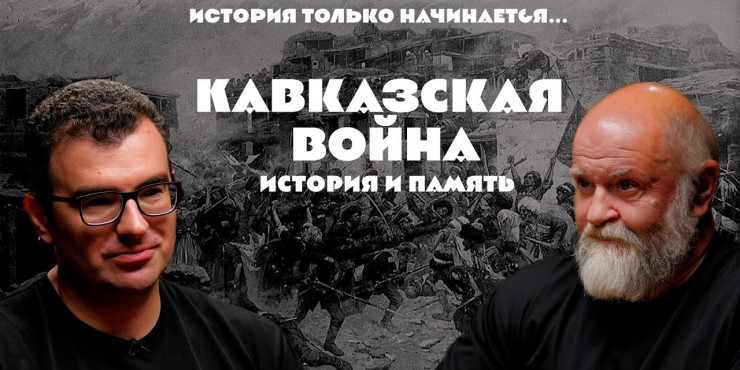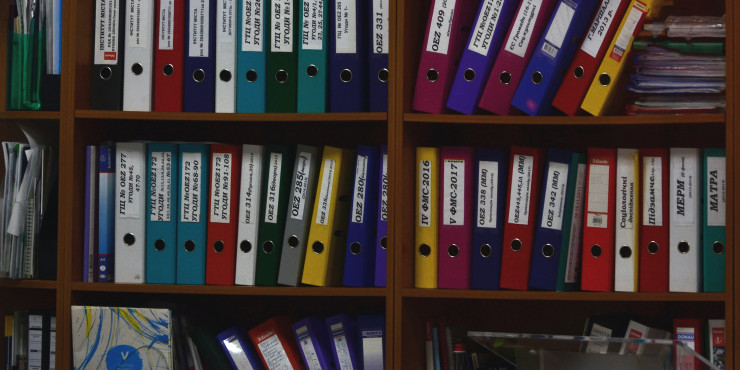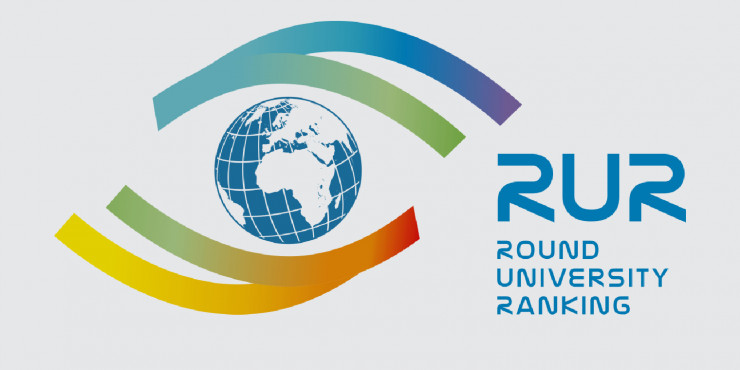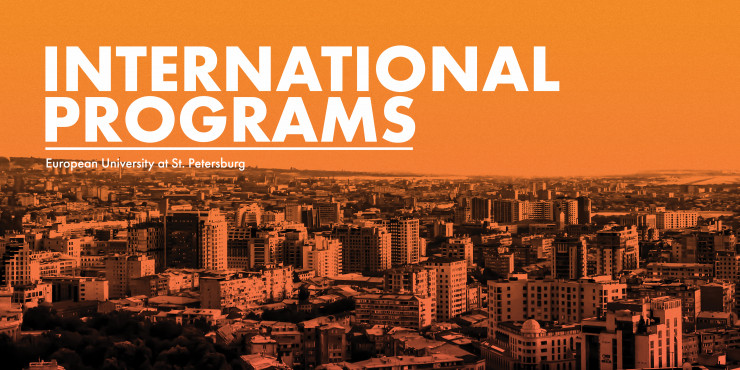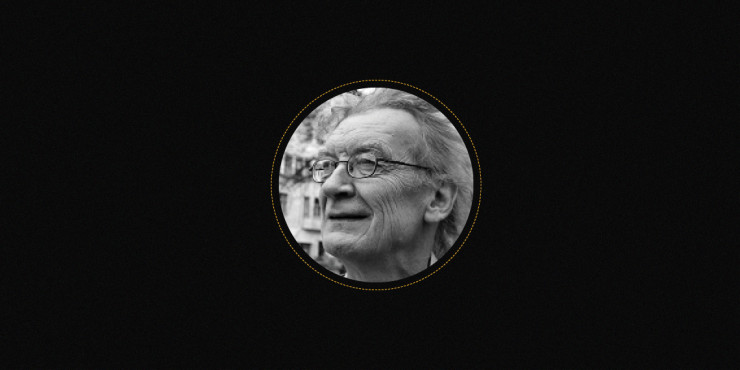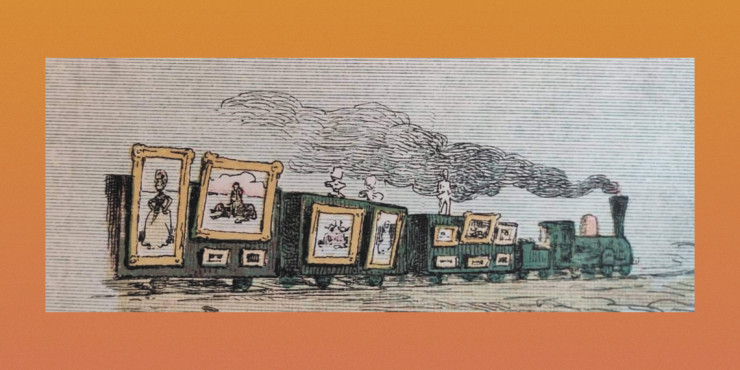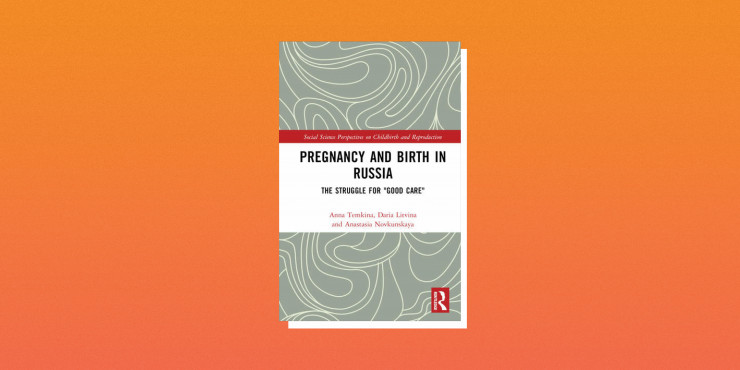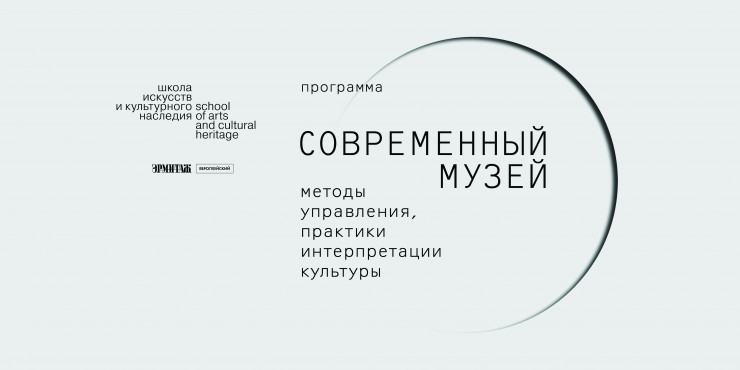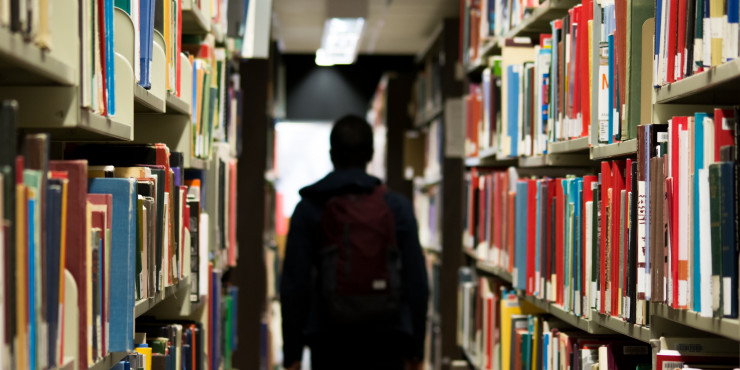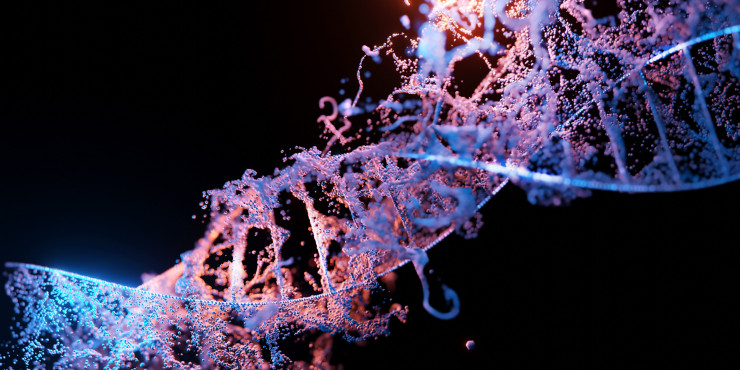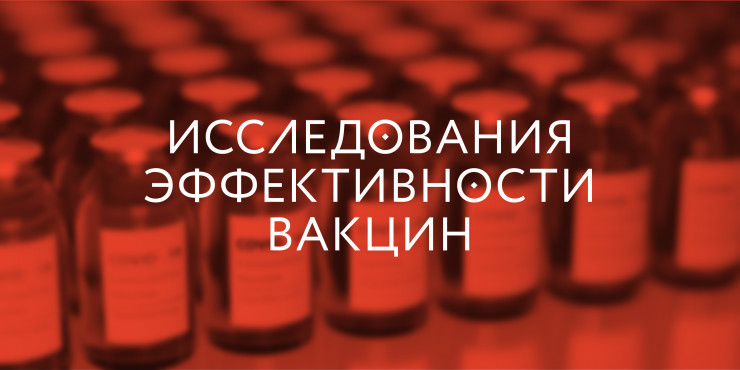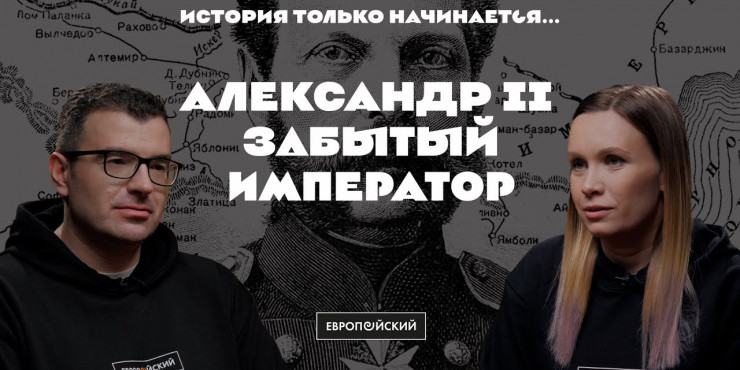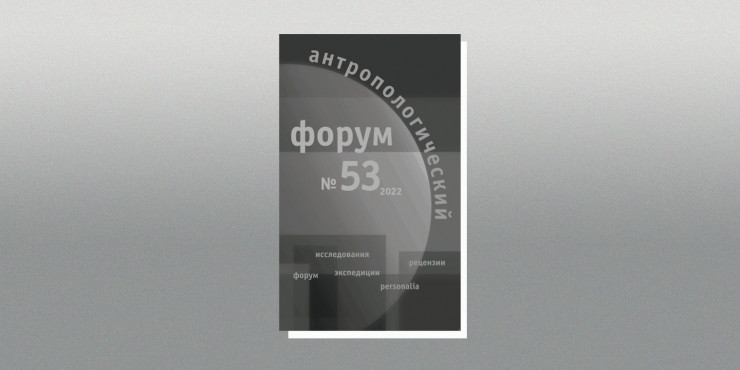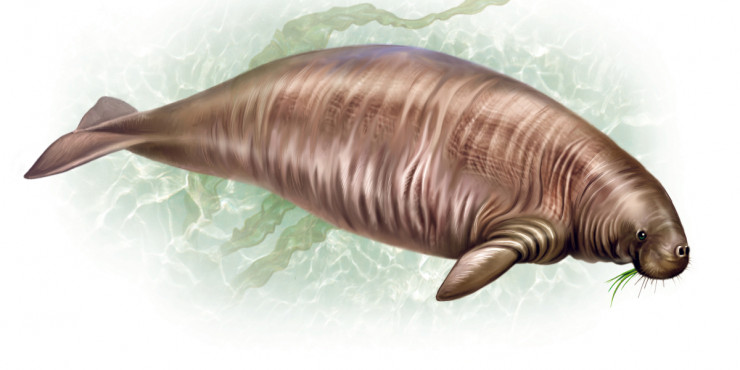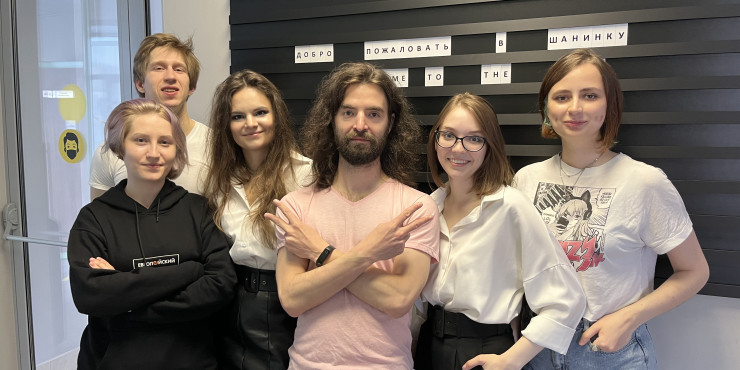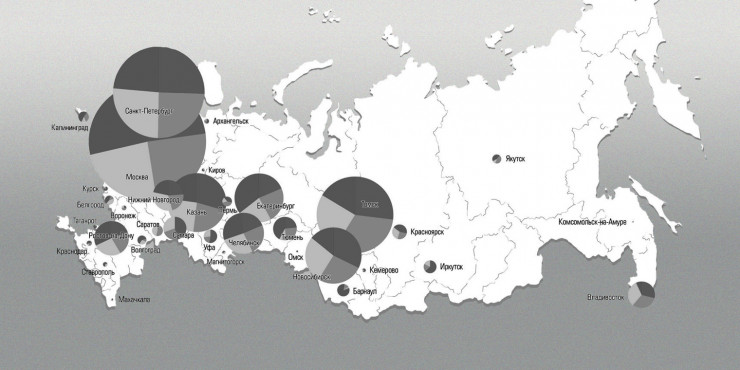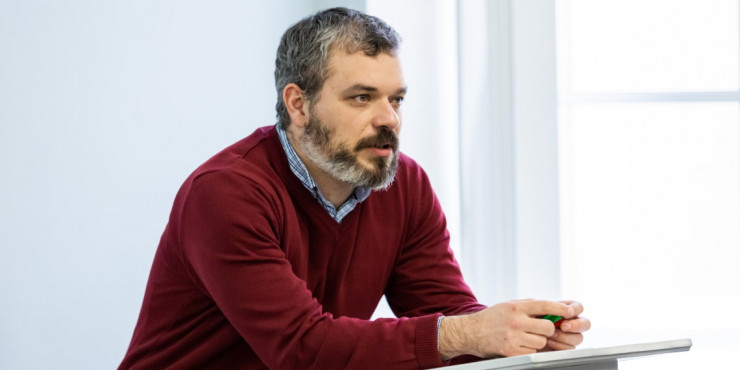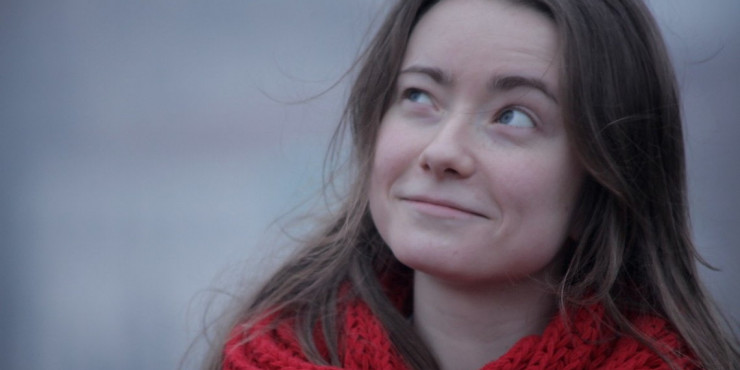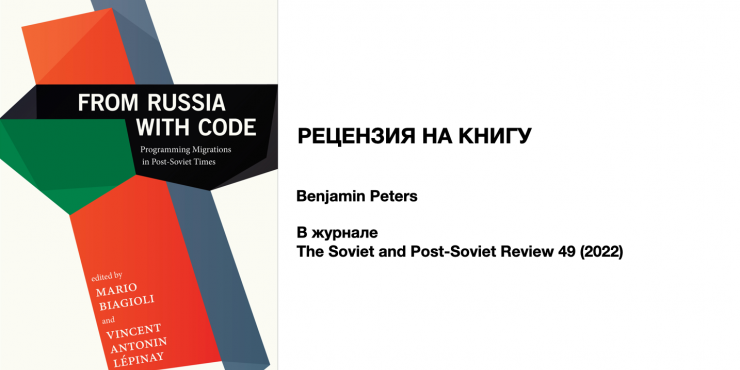A new episode of the podcast "History is Just Beginning" is on the air
09.01.2023
A new episode of the Podcast "History Is Just Beginning" is on the air. This time the theme is "The Caucasian War: History and Memory".
This war became the longest military confrontation in the history of the Russian Empire. Today it is well remembered in the North Caucasus and hardly remembered at all in the rest of Russia.
Historians Amiran Urushadze and Vladimir Lapin discuss why the Russian Empire fought for the Caucasus for so long and how the mountain people managed to remain undefeated.
video
